
Demystifying Air Handling Unit Frame Profiles and Components
- By:hqt
- 2023-12-11
- 29
Air Handling Units (AHUs) serve as vital elements within Heating, Ventilation, and Air Conditioning (HVAC) systems, holding a pivotal role in upholding indoor air quality and climate control. These mechanical apparatuses take charge of circulating and conditioning air within commercial and industrial edifices. Essentially, AHUs act as the core respiratory system of HVAC setups, regulating temperature, humidity, and air purity to forge a comfortable and healthful indoor atmosphere. Undoubtedly, the importance of AHU frame profiles and components in the realm of HVAC systems cannot be overstressed. The frame profiles, beyond lending structural robustness to the AHU, play a pivotal role in ensuring its stability and long-term functionality. Furthermore, they house an array of components that constitute the unit, including filters, coils, fans, and dampers. Each of these elements plays an integral role in enhancing the AHU's efficiency, exerting a profound influence on energy consumption and air quality.
Understanding Air Handling Unit Frame Profiles
Definition and Importance
Air Handling Unit (AHU) frame profiles are the structural skeleton of the unit, providing essential support and shape to the entire system. They are crucial for maintaining the integrity of the AHU, ensuring it can withstand the demands of its operation.
Common Materials Used for AHU Frames
AHU frames are typically constructed from materials like galvanized steel, aluminum, or even stainless steel. Each material has its advantages: galvanized steel is cost-effective, aluminum offers corrosion resistance, and stainless steel provides durability and hygiene in specialized environments.
Role in Structural Integrity and Durability
The frame profiles serve as the backbone of the AHU, offering stability and resistance to external forces. They are engineered to withstand vibrations and stresses, guaranteeing the unit's longevity. Properly designed frames also facilitate ease of maintenance and access to internal components, minimizing downtime.
Components of Air Handling Units
Air Filters and Filtration Systems
Air filters within AHUs are critical for maintaining indoor air quality. They remove airborne particles, allergens, and contaminants, ensuring that the circulated air is clean and healthy. Filtration systems come in various grades, from basic panel filters to high-efficiency particulate arresting (HEPA) filters, depending on the specific air quality requirements.
Fans and Blowers
Fans and blowers provide the necessary airflow to distribute conditioned air throughout the building. These components come in different types, including centrifugal and axial fans, with varying capacities to suit the AHU's size and purpose. Proper fan selection is crucial for achieving energy efficiency and adequate air circulation.
Heating and Cooling Coils
Heating and cooling coils are responsible for adjusting the air temperature within the AHU. In cooling mode, coils remove heat from the air, while in heating mode, they add heat. These coils are often made of copper or aluminum and are key to achieving the desired indoor temperature.
Dampers and Louvers
Dampers and louvers are responsible for controlling the flow of air within the AHU. Dampers regulate air volume, while louvers manage the direction of airflow. These components play a critical role in optimizing HVAC system performance and maintaining comfort levels.
Controls and Automation Systems
Controls and automation systems are the brains behind the AHU operation. They monitor and adjust various parameters such as temperature, humidity, and airflow, ensuring that the unit operates efficiently and in accordance with preset parameters. Advanced control systems can also integrate with building management systems for seamless operation and energy savings.
Frame Profile Design and Materials
Structural Frame Materials
- Aluminum: Popular for its lightweight and corrosion-resistant properties, ideal for outdoor units.
- Galvanized Steel: Provides robustness and durability, commonly used for larger, industrial-scale AHUs.
- Stainless Steel: Offers superior corrosion resistance, essential for harsh environmental conditions or specialized applications.
- Composite Materials: Innovative options like fiberglass provide excellent insulation and reduce thermal bridging.
Frame Profiles for Different AHU Sizes and Capacities
- Compact Units: Utilize slim, efficient profiles to maximize space, often with modular designs for flexibility.
- Medium Units: Balanced profiles that provide adequate support while maintaining energy efficiency.
- Large Industrial Units: Require robust, reinforced frames to support increased airflow and component weight, often custom-designed.
Impact on AHU Efficiency and Performance
- Thermal Conductivity: Material choice directly affects heat loss and gain, influencing overall energy efficiency.
- Structural Integrity: Ensures longevity and reliability of the unit, especially in challenging environments.
- Maintenance and Longevity: Certain materials like stainless steel reduce maintenance needs and prolong unit life.
- Environmental Impact: Selection of sustainable or recyclable materials can contribute to greener building practices.
Benefits of Quality Frame Profiles and Components
Enhanced AHU Reliability
Quality frame profiles and components significantly enhance the reliability of Air Handling Units (AHUs). Robust materials and precise manufacturing reduce the risk of premature wear and tear, leading to fewer unexpected breakdowns and downtime. This increased reliability ensures uninterrupted HVAC system operation, providing consistent climate control and ventilation.
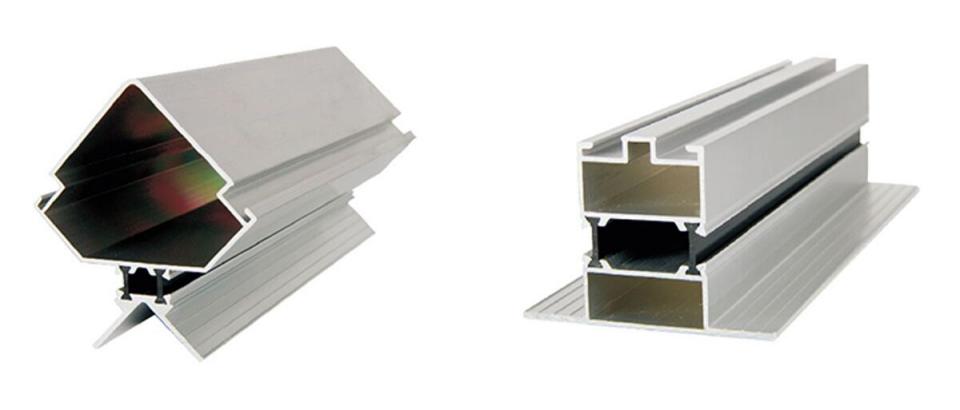
Energy Efficiency Improvements
Investing in high-quality frame profiles and components contributes to improved energy efficiency within HVAC systems. Well-engineered components minimize air leakage, ensuring that conditioned air is distributed efficiently throughout the building. This reduced air loss lightens the workload on HVAC equipment, resulting in lower energy consumption and reduced operational costs.
Impact on Indoor Air Quality (IAQ)
Quality components play a pivotal role in maintaining indoor air quality (IAQ). Properly sealed frames and well-maintained components prevent contaminants and outdoor pollutants from infiltrating the HVAC system. This protective barrier ensures a healthier indoor environment for occupants by minimizing the presence of allergens and pollutants in the air.
Maintenance and Service Considerations
High-quality frame profiles and components simplify maintenance and service requirements. Their durability and reliability reduce the frequency of repairs and replacements, saving time and money in the long term. Furthermore, these components are designed for easy maintenance, streamlining routine servicing and ensuring consistent system performance, leading to fewer disruptions.
Applications of Air Handling Unit Frame Profiles & Parts
Commercial Buildings
Air Handling Unit (AHU) frame profiles and components find extensive use in commercial buildings such as office complexes, retail spaces, and malls. These components are essential for maintaining indoor air quality, temperature control, and ventilation in commercial settings, ensuring a comfortable and productive environment for occupants.
Industrial Facilities
In industrial facilities, AHUs play a critical role in controlling air quality and temperature. Quality frame profiles and components are vital for these applications, as they must withstand harsh industrial conditions and provide reliable performance to ensure worker safety and operational efficiency.
Healthcare Institutions
Healthcare institutions like hospitals and clinics require precise climate control and air quality management to create a sterile and comfortable environment. High-quality AHU components are crucial in these settings to maintain strict air quality standards and minimize the risk of airborne infections.
Educational Institutions
Educational institutions, including schools and universities, rely on AHUs for temperature regulation and ventilation in classrooms and other spaces. Quality frame profiles and components contribute to a conducive learning environment by ensuring consistent indoor air quality and comfort for students and staff.
Hospitality Sector
Hotels, restaurants, and other hospitality establishments use AHUs to maintain comfortable and inviting indoor environments for guests. Reliable frame profiles and components are essential to deliver consistent climate control, ensuring a positive guest experience and satisfaction.
CONCLUSION
In conclusion, understanding the significance of Air Handling Unit (AHU) frame profiles and components is crucial for optimizing HVAC systems across various industries. These components enhance reliability, energy efficiency, and indoor air quality, benefiting commercial buildings, industrial facilities, healthcare institutions, educational establishments, and the hospitality sector. Demystifying AHU frame profiles and components underscores their indispensable role in creating comfortable, safe, and efficient indoor environments, highlighting their importance in today's diverse array of applications.
-
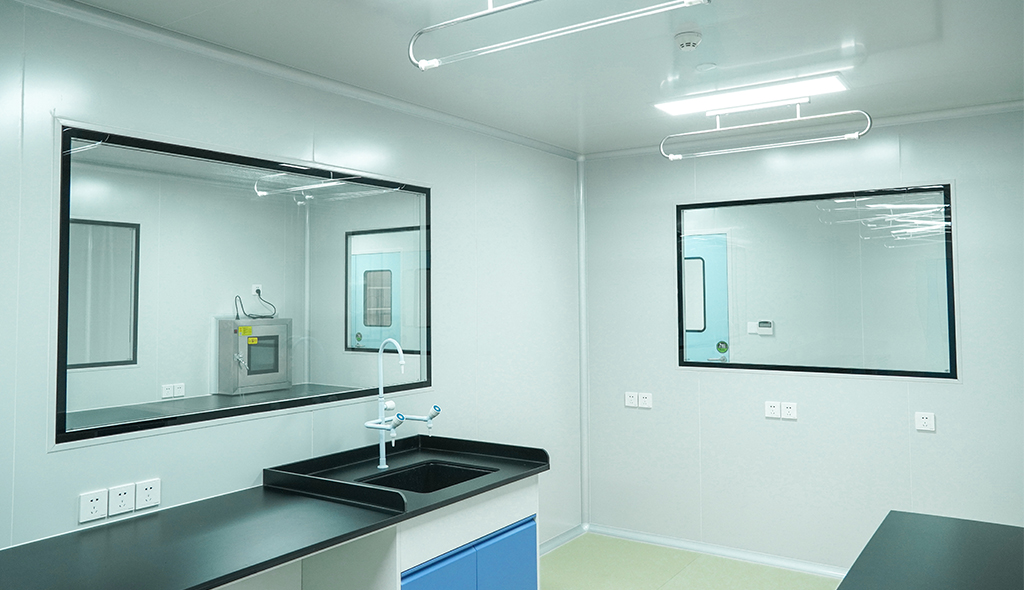 Cleanroom Glass Windows Are The Key to Maintaining a Clean Environment
Cleanroom Glass Windows Are The Key to Maintaining a Clean Environment -
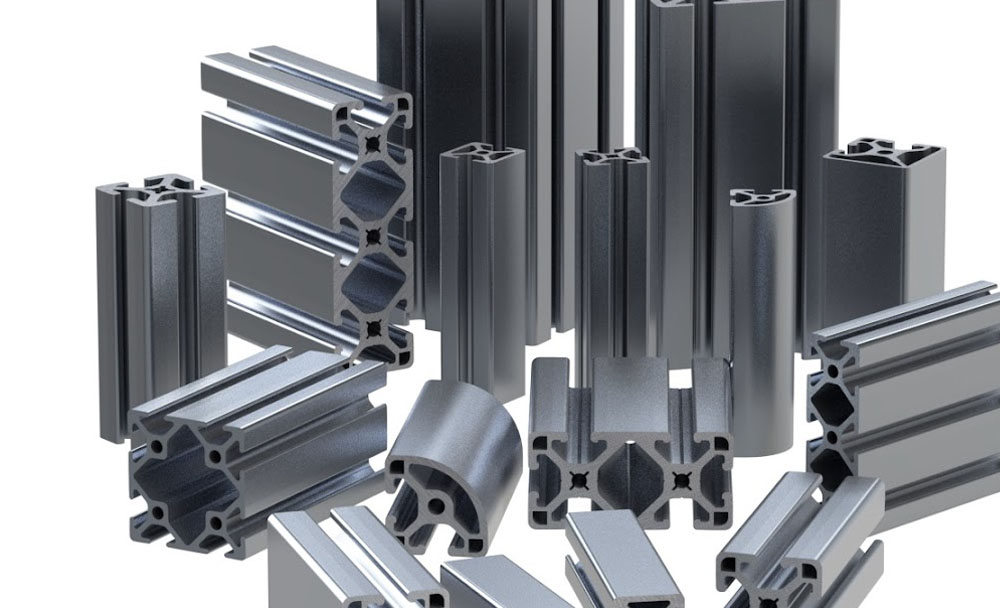 Top Aluminium Profile Manufacturers in China: Leading the Global Market
Top Aluminium Profile Manufacturers in China: Leading the Global Market -
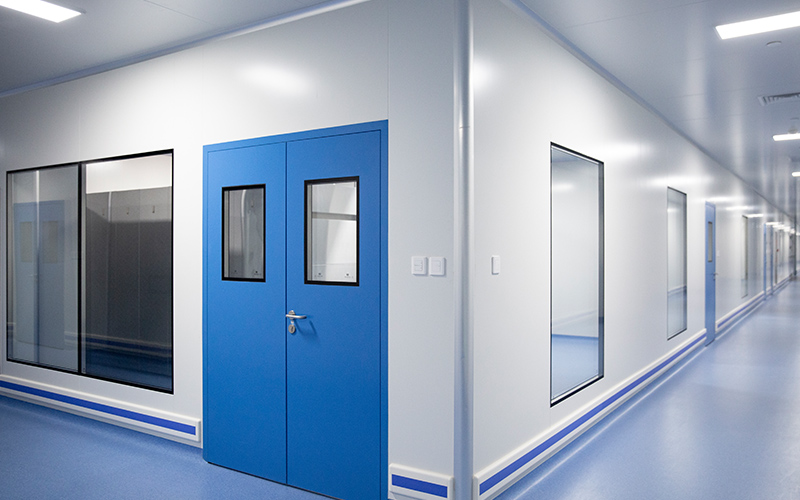 The Evolution of Air Tight Sliding Doors
The Evolution of Air Tight Sliding Doors -
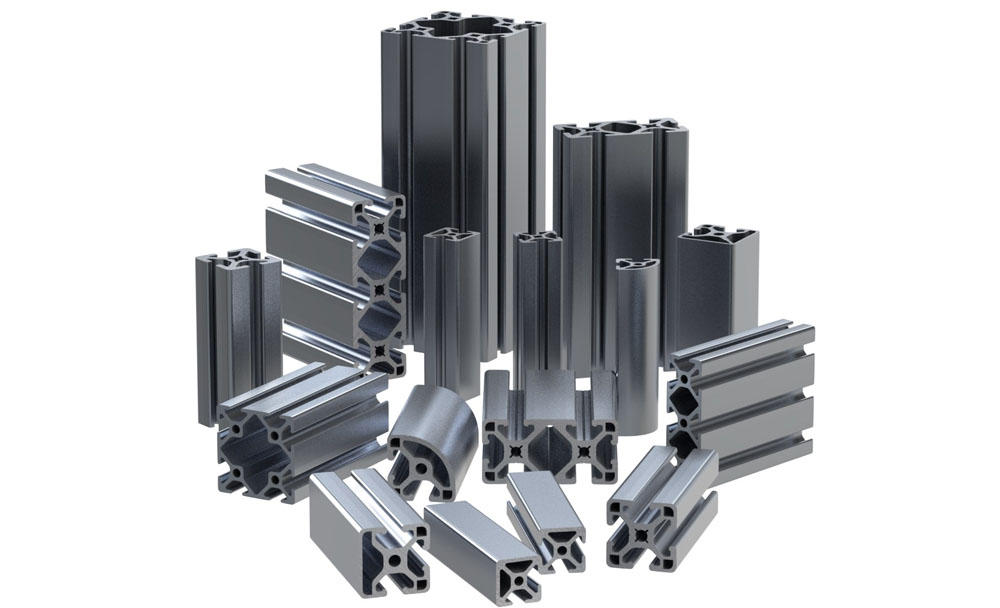 AHU Aluminium Profile: A Comprehensive Guide
AHU Aluminium Profile: A Comprehensive Guide -
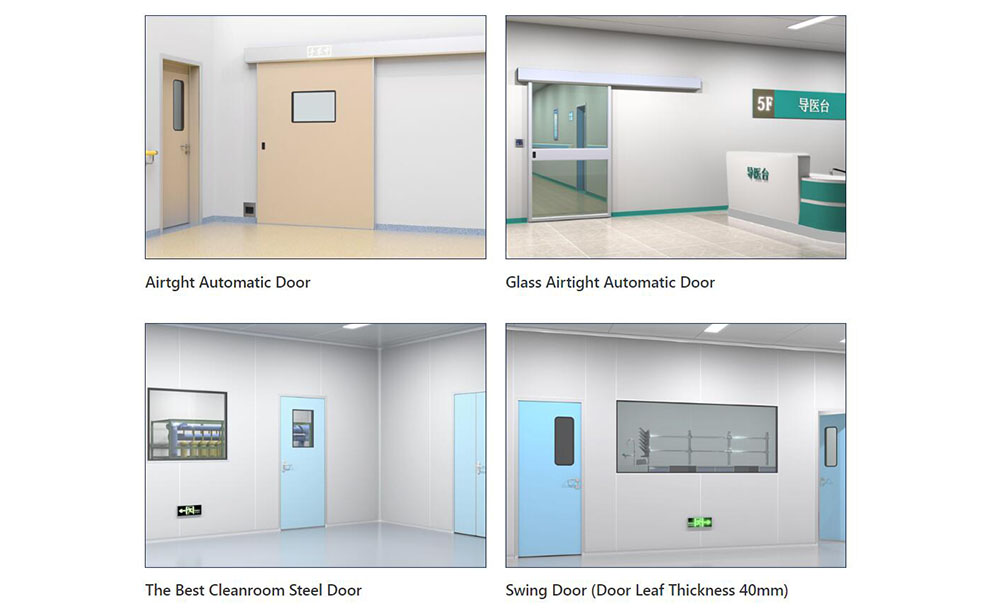 The Importance of Choosing the Right Cleanroom Door in Vietnam
The Importance of Choosing the Right Cleanroom Door in Vietnam -
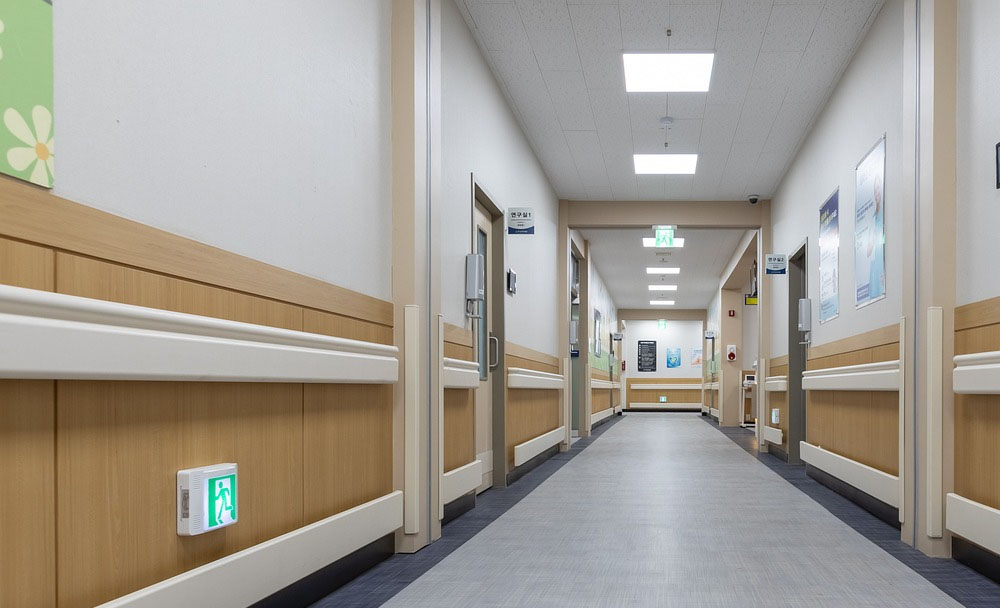 The Benefits of Hospital Automatic Doors: Enhancing Efficiency and Safety
The Benefits of Hospital Automatic Doors: Enhancing Efficiency and Safety -
.jpg) The Best Bathroom Door Manufacturers - Unlocking Endless Possibilities!
The Best Bathroom Door Manufacturers - Unlocking Endless Possibilities! -
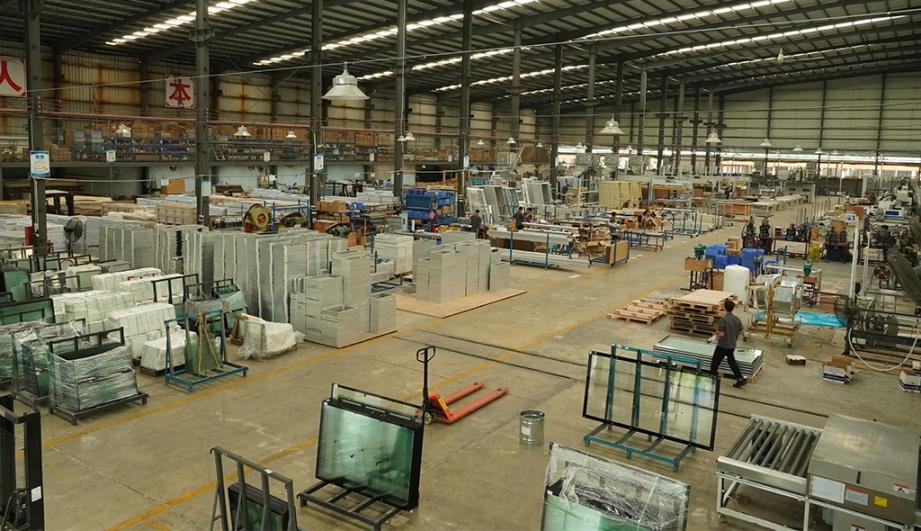 Unlock the Possibilities with AJ Manufacturing Doors
Unlock the Possibilities with AJ Manufacturing Doors -
 Make a Statement with Manufactured Home Interior Doors!
Make a Statement with Manufactured Home Interior Doors! -
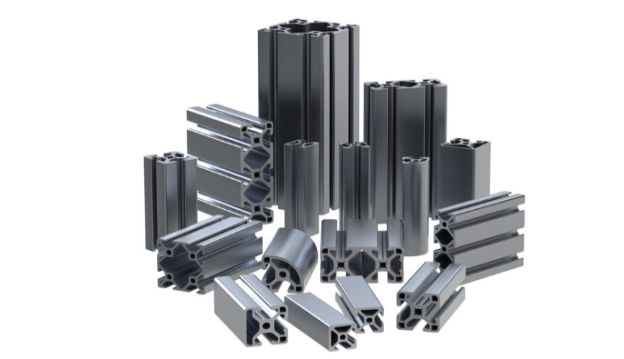 what is aluminum profile? Aluminum Profiles for Your Home is the best option
what is aluminum profile? Aluminum Profiles for Your Home is the best option
-
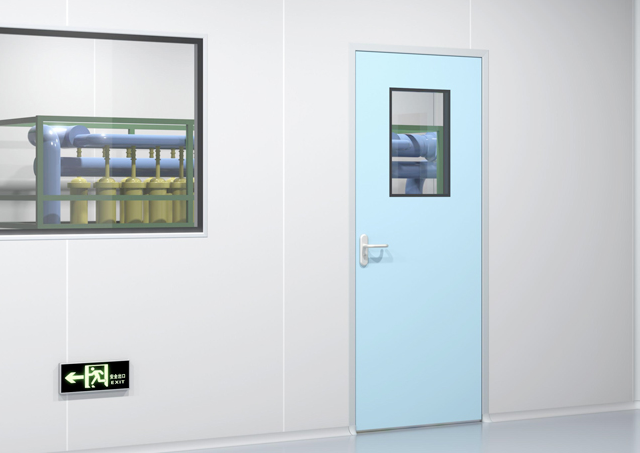 Next-Gen Medical Cleanroom Access: Introducing the Cleanroom Steel Door Solution
Next-Gen Medical Cleanroom Access: Introducing the Cleanroom Steel Door Solution -
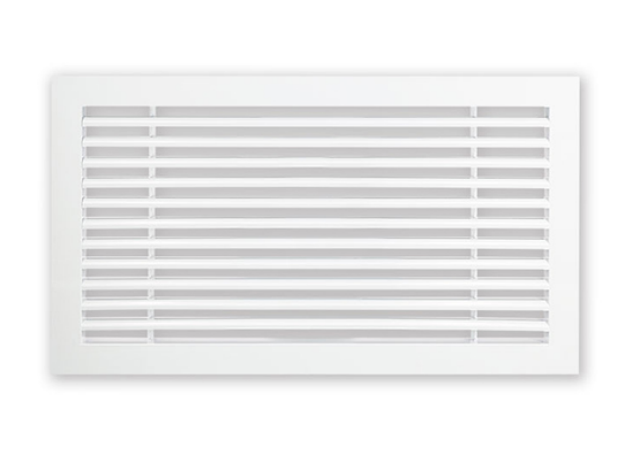 Linear Bar Grille Air Conditioning Diffuser with 0° Angle Blades for Perfect Airflow
Linear Bar Grille Air Conditioning Diffuser with 0° Angle Blades for Perfect Airflow -
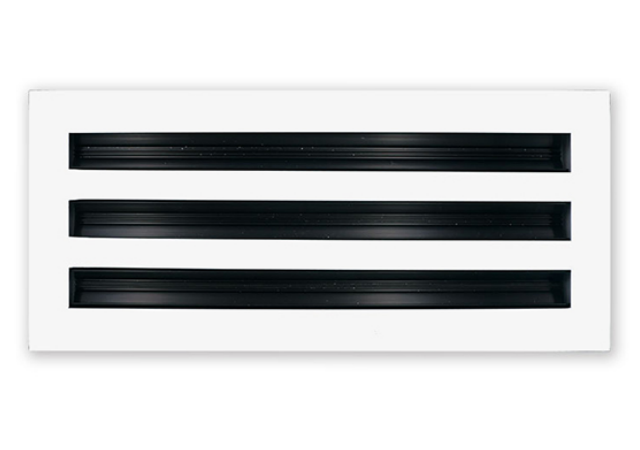 The Sleek and Efficient Linear Slot Diffuser for Air Vent
The Sleek and Efficient Linear Slot Diffuser for Air Vent -
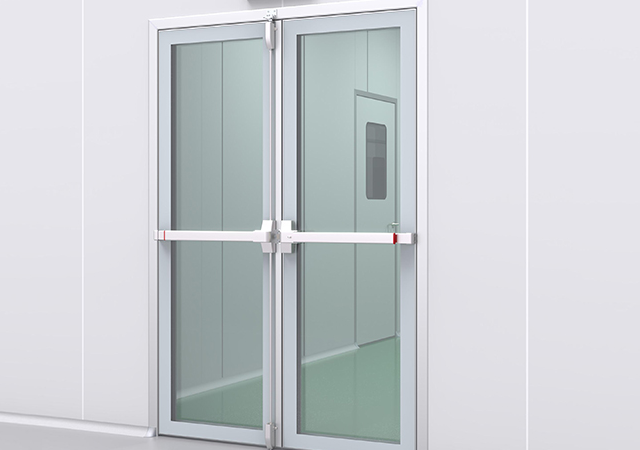 Double-Swing Glass Doors - Modern Laboratory Cleanroom Doors
Double-Swing Glass Doors - Modern Laboratory Cleanroom Doors -
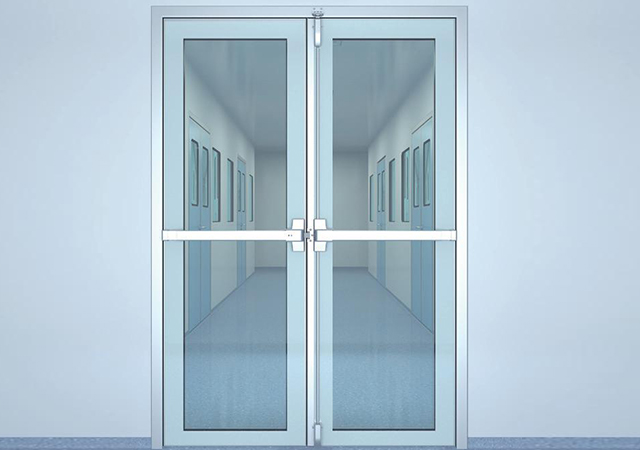 Superior Aluminium Glass Swing Door - Pharmaceutical Cleanroom Door
Superior Aluminium Glass Swing Door - Pharmaceutical Cleanroom Door -
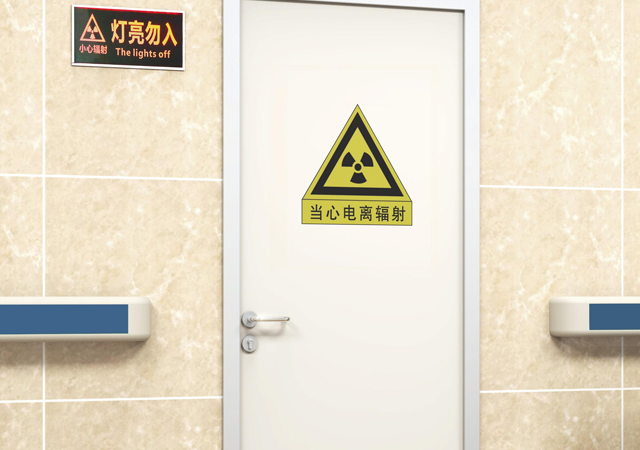 E-ZONG Leads the Way in China's Medical Lead Protection Doors: Innovation for Safety and Efficiency
E-ZONG Leads the Way in China's Medical Lead Protection Doors: Innovation for Safety and Efficiency -
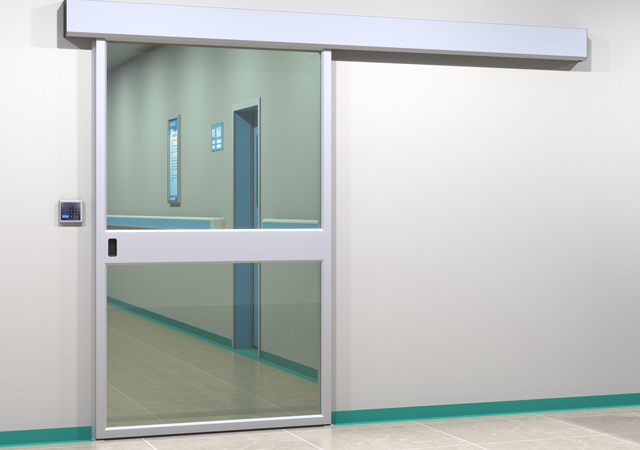 E-ZONG: Leading the Suppliers of Glass Airtight Automatic Doors for Safer, Cleaner Spaces
E-ZONG: Leading the Suppliers of Glass Airtight Automatic Doors for Safer, Cleaner Spaces -
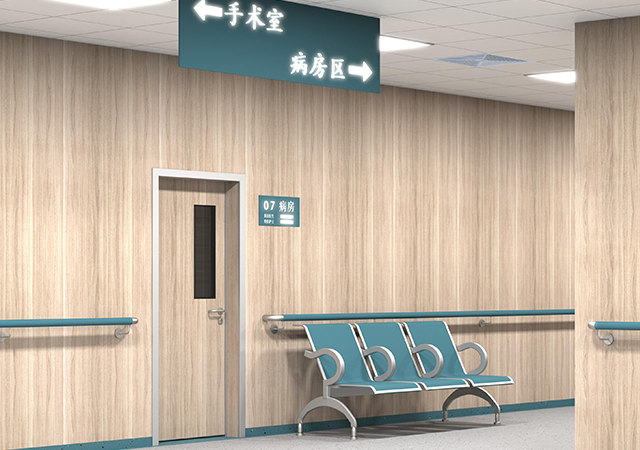 How Wall Air-Tight Swing Doors Ensure Clean Environments With Secure & Silent
How Wall Air-Tight Swing Doors Ensure Clean Environments With Secure & Silent -
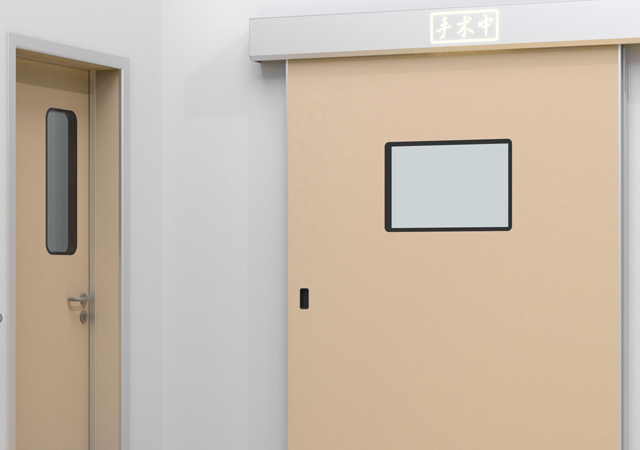 Seamless Automatic Cleanroom Sliding Doors: Smooth, Safe, and Hygienic Solutions
Seamless Automatic Cleanroom Sliding Doors: Smooth, Safe, and Hygienic Solutions -
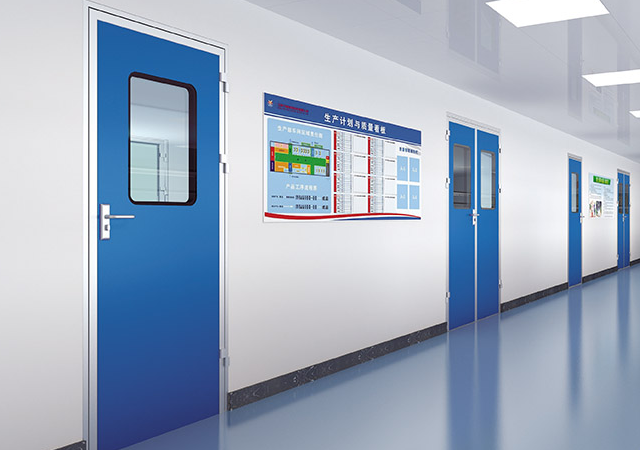 Elegant & Durable: Premium Swing Door Protection for Hospitals
Elegant & Durable: Premium Swing Door Protection for Hospitals

Guangzhou Yizhong Aluminum Industry Co., Ltd.
We are always providing our customers with reliable products and considerate services.
We are always providing our customers with reliable products and considerate services.
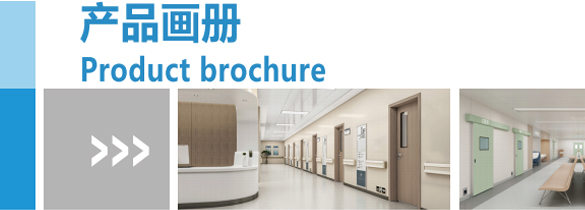
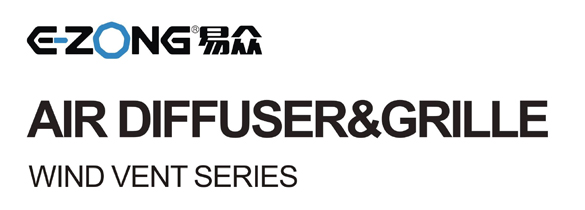








Speak Your Mind